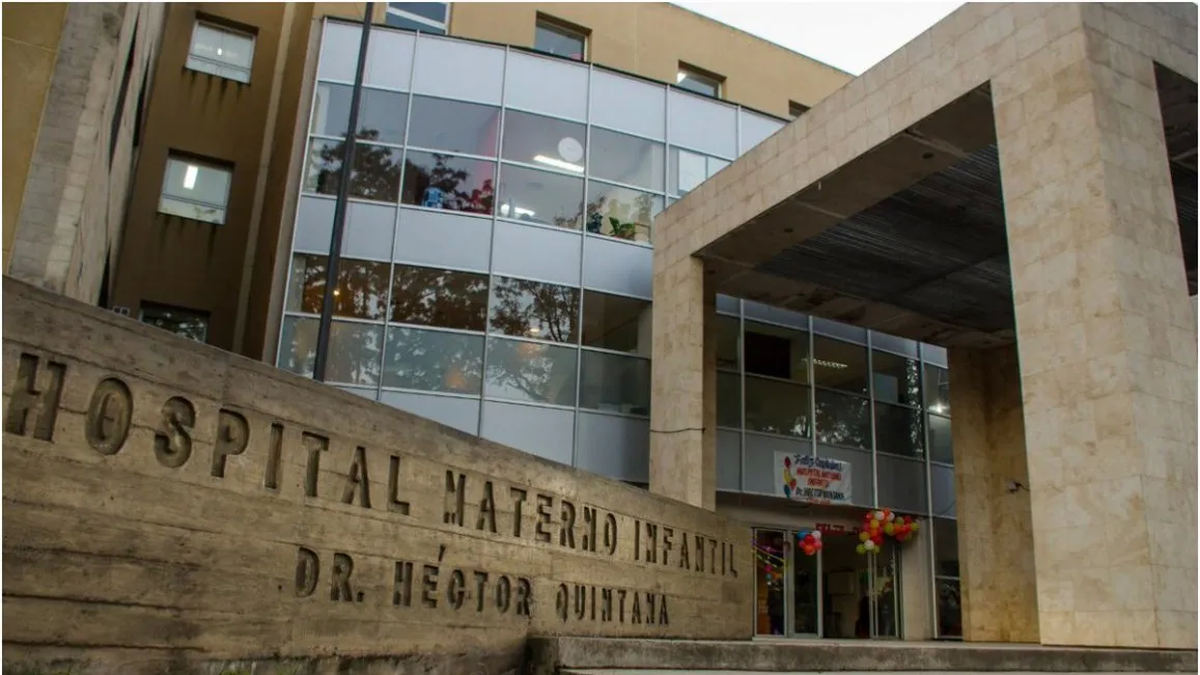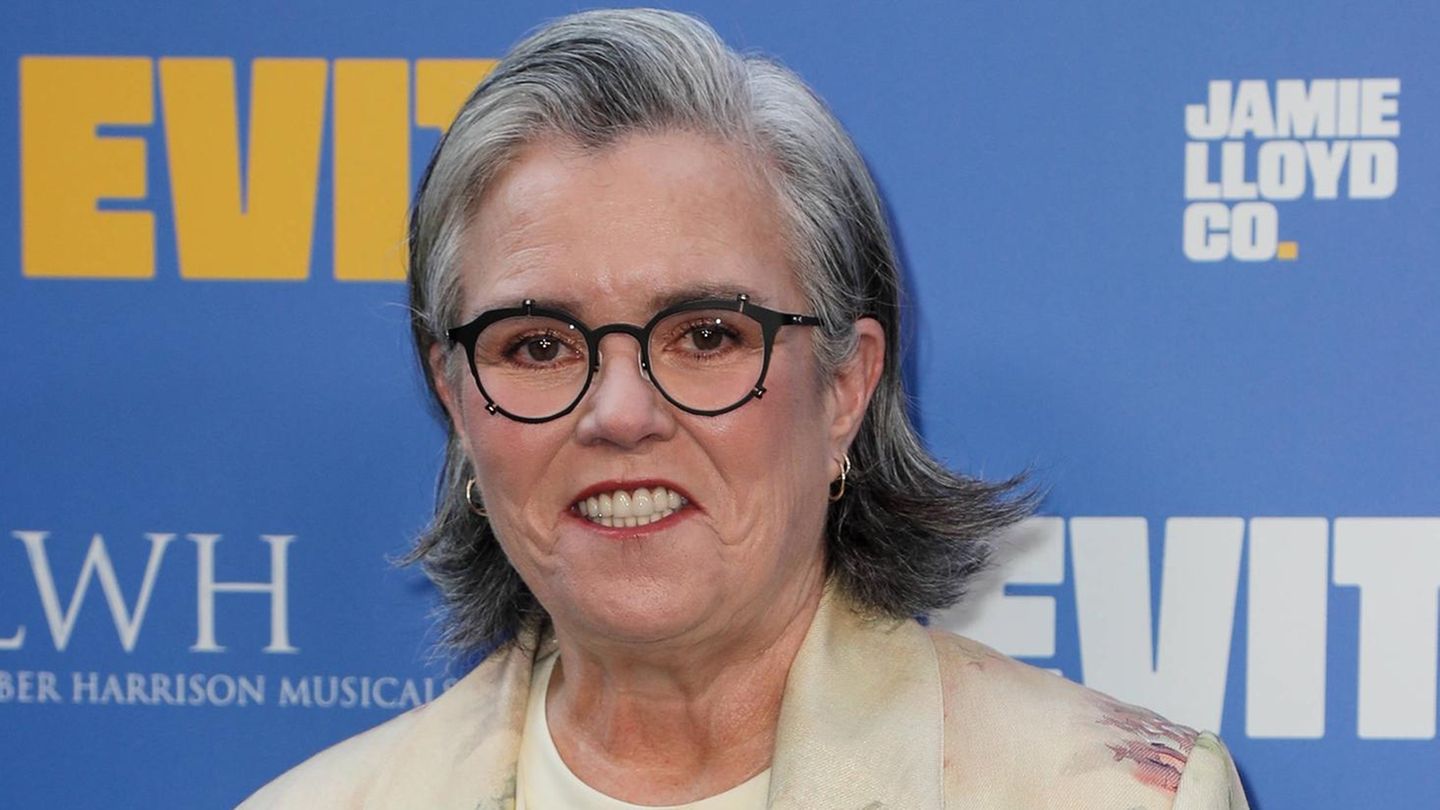“We know that when we go to Bolivia They don’t help us if we have any mishap, so I hope this provokes a reaction from the Bolivian government,” said this morning the head of the Jujuy health portfolio, Gustavo Bouhidbefore the decision of the provincial Legislative Power.
Embed – https://publish.twitter.com/oembed?url=https://twitter.com/LegisJujuy/status/1836472827945300029&partner=&hide_thread=false
12th Ordinary Session | The Jujuy Legislature approved Law No. 6,415 regulating the Provincial Health Insurance System for Foreigners.
The new law establishes the charging of fees in provincial health centres and public hospitals to foreigners… pic.twitter.com/mBGZVZLBB8
— Jujuy Legislature (@LegisJujuy) September 18, 2024
In fact, the legislators approved by a large majority law 6.415 that regulated the Provincial Health Insurance System for Foreignerswhich establishes the “charging of fees in provincial health centers and public hospitals to temporary and precarious foreign residents, who must cover the costs of the care they require, through local health insurance or, in the absence of this, by themselves considering the current values established in the tariff nomenclature of the Jujuy Insurance Institute.”
During the debate, figures from the provincial Ministry of Health were presented, where it was noted that Between 2023 and the first half of 2024, there were 77,310 outpatient visits to foreignersof which 71,517 were of Bolivian nationality. Santiago Jubert, president of the ruling party Block Front Cambia Jujuyreported that in 2019 an attempt was made to advance a reciprocity agreement with Bolivia but it failed. “We worked hard, we were prudent in our timing, we have nothing against our Bolivian brothers but we need to put our health in order and give guarantees to the people of Jujuy,” he said.
The ruling party argued that the payment of medical care to foreign citizens in the province had been approved five years ago – via law 6.116, Health Insurance System for Foreign Persons – but was suspended due to the signing of a Reciprocity agreement between Argentina and Bolivia -which allowed citizens of both countries to receive free medical care in the neighboring country- but which was not put into effect from the neighboring country. The bill at that time, in 2019, had been promoted by the Former Governor Gerardo Morales When the case of the Jujuy musician Manuel Vilcawho suffered an accident in Bolivia and had to pay $122,000 for the care received at a public hospital. This episode highlighted the lack of reciprocity in health care between the two countries.
Health insurance
From now on, it will be the Governor Carlos Sadir the one who decides from when the rule will be applied, as is already done in Salta, Santa Cruz and MendozaIt is known that in the legislatures of Missions, Corrientes, Entre Rios, Neuquen and Cordoba There are bills in the same direction that will advance in the coming weeks.
The measure adopted by the Jujuy legislators is aimed at foreigners who do not have permanent residence, such as tourists or temporary residents, who must have health insurance that covers the expenses derived from their medical care in Jujuy. If they do not have this insurance, they will be able to cover the expenses on their own and to this end, work is being done to enable electronic payment methods, such as credit cards and mobile applications to facilitate the process.
He head of the Jujuy health portfolio, Gustavo Bouhidhe clarified that “emergency care will be provided in all cases and without any payment. In any life-threatening situation, care is guaranteed without subsequent payment, but not in situations that are not emergencies.” “Common sense would indicate that we have joint actions with Bolivia because communicable diseases such as tuberculosis, HIV and flu do not respect territorial division. But today we support the system ourselves, when we could do it together,” he concluded.
Three weeks ago, the Minister of Health of the Nation, Mario Russosaid in an interview that his department is moving forward with a bill and other measures to charge for health care from foreign citizens who do not reside in the country and to limit the purchase of high-cost medicines.
Source: Ambito
I am an author and journalist who has worked in the entertainment industry for over a decade. I currently work as a news editor at a major news website, and my focus is on covering the latest trends in entertainment. I also write occasional pieces for other outlets, and have authored two books about the entertainment industry.




